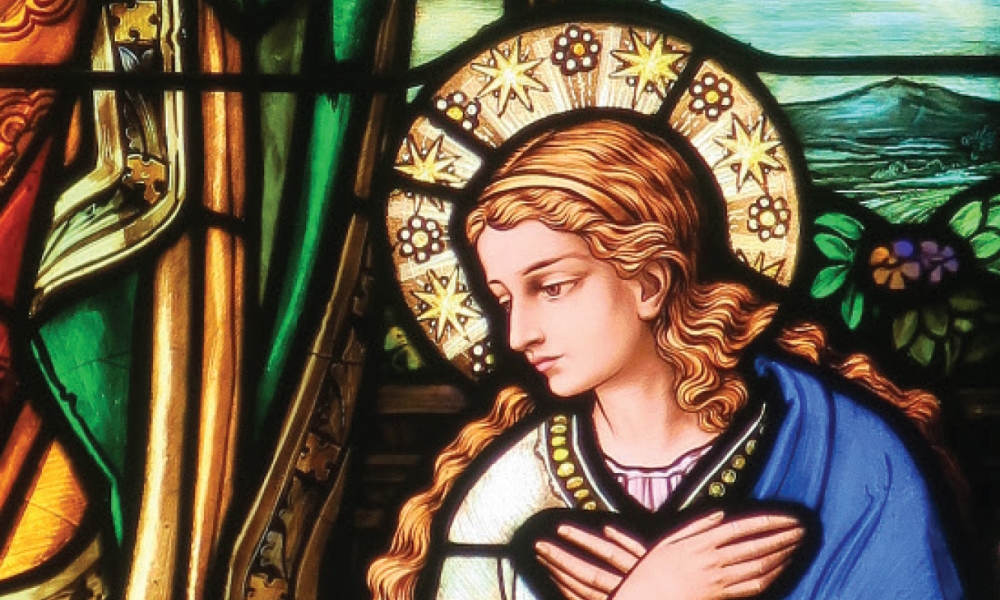
The Impact of the Annunciation in Our Day
What relationship can there be between the Annunciation and the way we make decisions in today’s world? Celebrating Mary’s acceptance of being the Mother of God has much to teach us about the way we operate.
What relationship can there be between the Annunciation and the way we make decisions in today’s world? Celebrating Mary’s acceptance of being the Mother of God has much to teach us about the way we operate.
To begin, there is a reflection that seems to me extremely valuable with regard to this event: when the archangel Gabriel appears before Mary, he does not announce to her that she must be the mother of the Son of God, as if it were an imposition or an obligation from which she cannot escape. Many people think of the angel’s words as a blind mission, or even as an inescapable duty for her. But the truth is that God never imposes his will on any creature, much less on Our Lady. The freedom that he grants, both to Mary and to each of us, is so that we have the option of saying “yes” or “no” voluntarily without obligations, and certainly not coercion.
What Gabriel actually announces to Mary is that she has been chosen to be the mother of the Savior, and he has come to receive either her acceptance or denial of God’s plan. Mary’s first response was to ask how this event was going to take place, because logically, she did not understand how such a thing could happen. This does not mean that Mary doubted God, but that she wanted to understand the implications of his plan so that her “yes” would be fully informed, and she would know what was expected of her. Once Mary understands the implications of this announcement, she then gives a free and informed response: “Behold, I am the handmaid of the Lord. May it be done to me according to your word” (Lk 1:38).
Why was the date changed this year?
The official Solemnity of the Annunciation is March 25, that is, nine months before Christmas, commemorating the beginning of the Virgin Mary’s pregnancy. However, in years where the date coincides with Holy Week, which carries a higher liturgical importance, the solemnity is transferred to the Monday after the second Sunday of Easter. It is April 8 this year.
This attitude is a very valuable lesson for us, perhaps especially for young people, because too often we don’t take the time to conscientiously weigh or inform ourselves responsibly about the consequences of our actions. Some of the consequences we face have the ability to change our life completely — such as conceiving a human being in the womb.
So the Incarnation comes to the aid of humanity. A central tenet of the Second Vatican Council was that the human person discovers his or her own dignity in light of the Incarnate Word. We see that in Mary’s womb the Word became an embryo — that is, became Incarnate — the Son of God himself came to us as a tiny life. It means that every human life, no matter how small, carries within itself the dignity of being made in the image and likeness of God. The life that was in Mary’s womb was divine; how can it not be true of the human life in the womb of every pregnant woman? Once again, in the light of the Incarnate Word, human beings discover their dignity, even at its most vulnerable and minute phase.
In this celebration of the Incarnation, we discover the dignity of every human life and the importance of a mother’s womb for life to be welcomed. Let us pray that the heart of every mother will know and consciously embrace the responsibility of her actions, a heart open to the gift of God. Let us pray for human life conceived but not yet born, that it may have the same reception that Christ’s life had from his mother.
